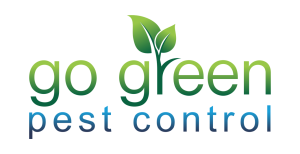Pesticides in our Composts
How do pesticides get into our compost? Well, composting of pesticide-treated plants. We have laws that restrict the use of pesticides that should make compost safe from pesticide contamination. But, we still apply synthetic pesticides in our gardens and lawns (although we are not allowed). Many pesticides like herbicides, insecticides and fungicides will break down into harmless chemicals during the composting process. Since the Vancouver Landfill accepts material from all vehicles, this means that our municipal compost may be contaminated. The way that the composting process takes place at the landfill makes a big difference. High temperatures, thorough turning, and long composting periods all help to allow microbes to breakdown pesticides, thus reducing the amounts that remain in the finished compost. The compost may contain numerous and diverse active microorganisms, all with their own characteristics and capabilities. Pesticide levels in compost are broken down by a range of routes. Some toxins decay into simpler molecules. Some form bonds with other compounds and are absorbed. Some merely escape into the atmosphere. Some leach from the pile, draining away with liquid run-off. Leaching and volatilization move the pesticide away from the pile and decay does not always result in less toxic compounds. Some become part of humus molecules. And finally, the most desirable fate for pesticide is when organic compounds breakdown into their mineral and organic components.
https://www.linkedin.com/pulse/pesticides-our-yard-composts-randy-bilesky?published=t

